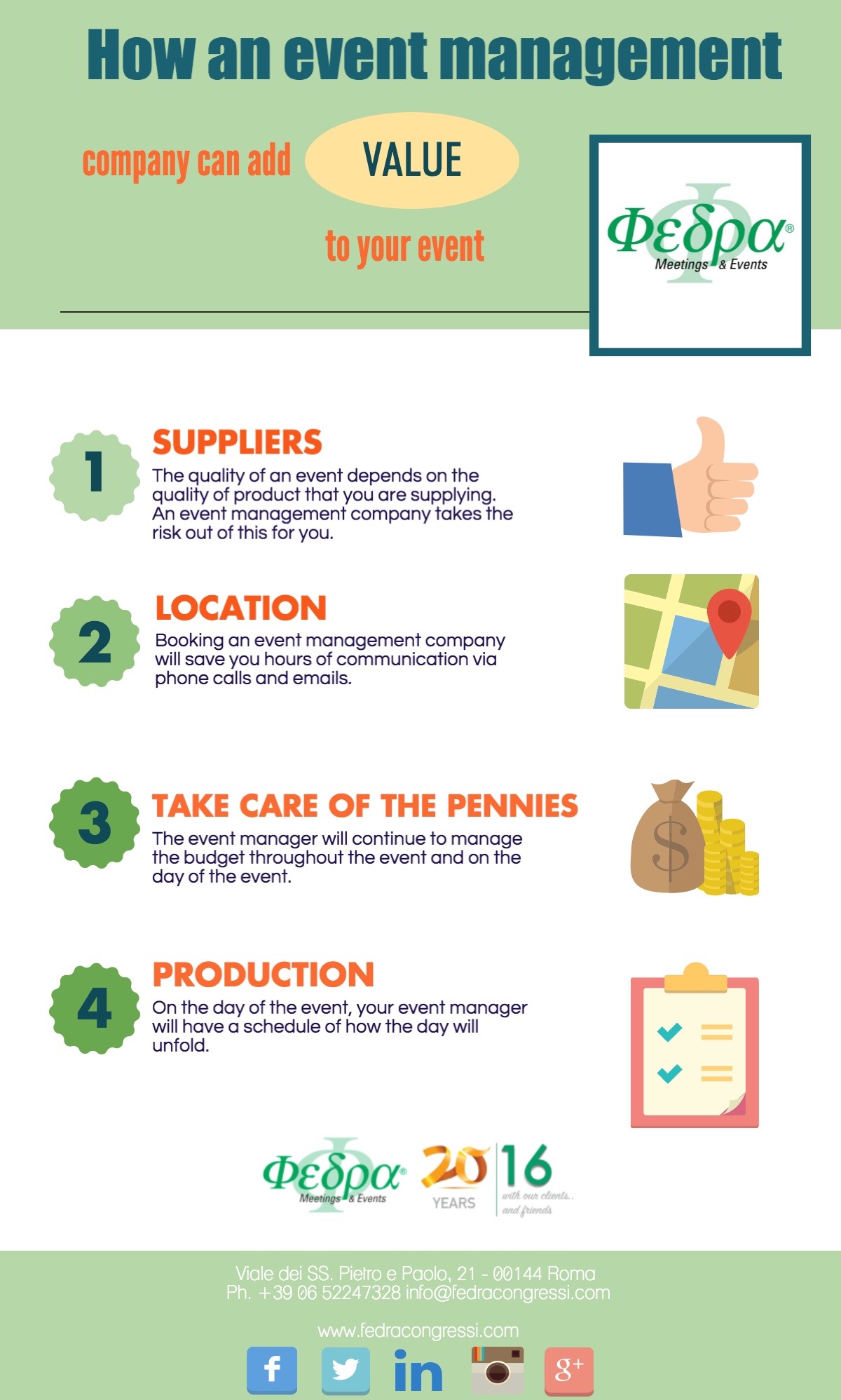Why a brand should choose to invest in an activity that falls outside its production process? What benefits can bring the association of its brand with an event and what preventive considerations are necessary to locate the most suitable event?
Here’s a practical overview for investors.
The triangle: sponsors, event and public
The main goal of a brand is entering in relationship with its audience. It has become increasingly rare, if not impossible, that you need to build from scratch an entirely new audience: in most cases your ideal tribe already exists and has its own reference circuit.
Get in that circuit and become an important part has to be the goal of any sponsorship.
Branding over branding
Over a century of increasingly ubiquitous advertisements have made us insensitive to reiterations of commercial logos out of context.
When you locate the event that collects your ideal audience, designed forms of collaboration that enables you authentic interaction with the public and offer you the chance to be a part of initiatives that your target audience considers relevant.
Forcing your presence to the attention of your attendees, at the expense of the main theme of the event itself, will only serve to fuel a negative perception of the brand.
Be Social
Social media is the main interaction tool and are destined to play an increasingly important role in the collective perception of the brand.
Make the most of the opportunity that you have chosen to sponsor to launch online initiatives, contest, giveaway and other online initiatives in relation to the main theme of the event.
If possible, work together with event organizers and set aside a space in its online identity in through hashtags. During the event, make sure that your social channels are an active part of its online communications.
Be queued in a press release is not enough: you need to be a distinctive feature of the event.
Analyze and manage data
Before, after and during the sponsorship of an event, it is essential to have a clear picture of all the data available and those needed (and the two things could not coincide).
Before investing in an event, ask in detail about its history, the organizers of the curriculum and on the reputation they enjoy within the reference circuit. Ask to know the numbers and demographic targets of previous editions on and check the media coverage.
Focus on the interaction to ensure that the public get interested in the brand.
Data provided voluntarily and consciously are far more likely to convert to turnover than those acquired from third parties.
After each event, it is good to make a careful analysis of all the collected data, the total participation in the demographic profiles to feedback obtained on individual initiatives: only then you can submit each sponsorship in the promotion & growth plan designed to last and to produce profits over time.






